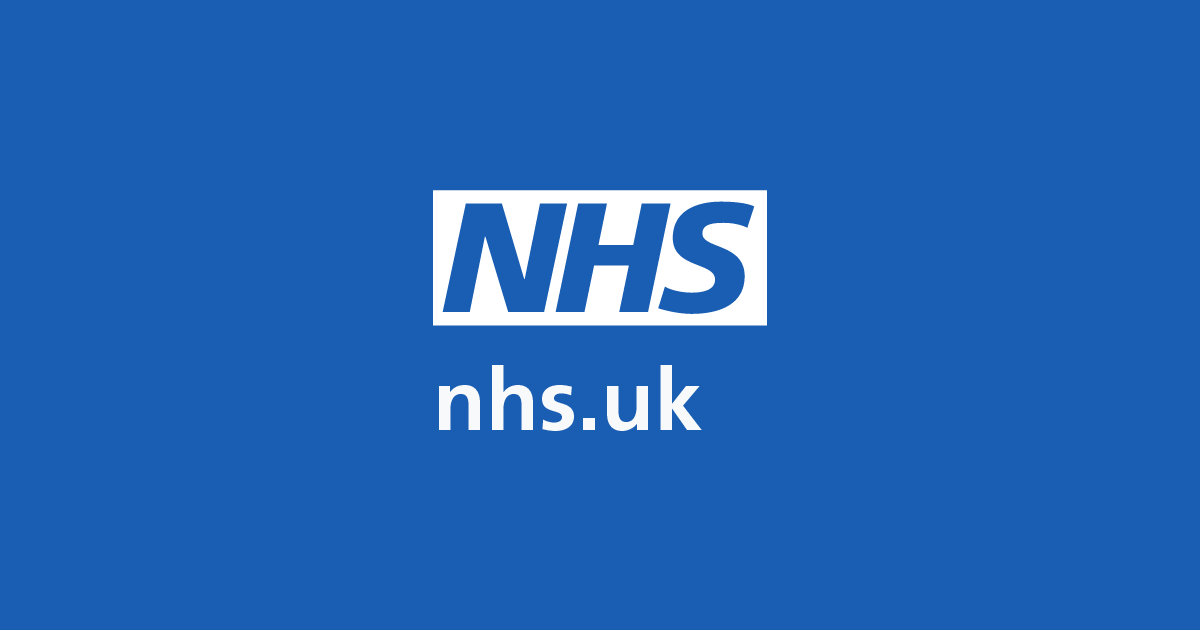squidge105
Newbie
- Messages
- 2
- Type of diabetes
- Family member
- Treatment type
- I do not have diabetes
I’m writing this to inform of what can happen . My husband ha type 2 diabetes and is insulin dependent. Just over a month ago I woke to find him what I thought was drunk. He rarely drank alcohol but I thouhjt he was behaving like I’d seen before. Anyway by the morning he hadn’t “sobered “ up like he normally did. So we (my sonwas with us)rang 111 for advice. As we were on the phone I could see his sugars rising as we were on the phone. Within half an hour of the start of the call there were paramedics at our house. He’s unconscious and unresponsive. I couldn’t go with him as I use a wheelchair. I just thought he’d be fine and I’d be arranging to get him home later that day. Within 2 hours of them taking him I got a phonecall, I was told I needed to get to the hospital asap because he was very poorly and they had to put him into an induced coma. When I arrived at the hospital I discovered he was struggling with oxygen levels, his blood pressure was all over the place and so we’re his glucose readings. I’d never heard of this before but he was in DKA which is diabetic ketoacidosis. This is where the body goes into ketosis and it can’t produce enough insulin to cope with the ketosis. The blood becomes acidic and starts to dry which then can have a massive effect on the brain, heart and lungs. He was on 100% oxygen and to make matters worse he’d aspirated into his lung- basic he’d been sick and breathed it in. They removed this from his lung and his oxygen improved slightly. He then inevitably came down with pneumonia. He was in a coma for 5 days and remained in icu for another 5 when he was then taken to an endocrine ward. Many of you will have seen an endocrinologist with your diabetes. He was in hospital for another week. When in a coma and you wake up you can be very confused and can have paranoia for a few days and then memory issues. My husband is still very weak and his brain function which wasn’t great due to fibromyalgia is still not great. He now has high blood pressure and we are struggling with his glucose levels. His DKA was caused by a very low carb diet. He’s my carer and made our meals and I lost count of the times I told him he needed carbs too. In his head he knew carbs turn to sugar so therefore he shouldn’t eat them! He was so wrong. Often his sugar levels were high. We were never told about ketones so when he appeared drunk he was in fact already in ketoacidosis and I didn’t check his sugar levels. To make it more difficult for me to see he’d had a drink that night which was a rarity. But he’d been I’ll for a while and we didn’t know. His ketones rose because of his diet, not taking his medication properly and the sugar in the alcohol tipped it over the edge. He hadn’t had much . His drunk symptoms were because of the raised ketones.There are drs who are surprised he survived. Now I monitor his diabetes which is so close to type 1 but he still produces the tiniest amount of insulin. He has a libra monitor on his arm which he qualified for in part due to memory issues caused by the fibromyalgia. I have an app that shows his levels to me. I make sure he eats at the right time and the right foods and he now drinks alcohol free which is also low sugar. I’m sharing this because we didn’t know about DKA. We weren’t told because he’s type 2. It is so important to keep ontop of your diet and monitoring and your medications as advised by your medical practitioner. If you haven’t been told about DKA don’t become paranoid just know what your levels are and keep them where they should be. It’s horrendous getting that call to go to the hospital because they weren’t sure he’d survive. Treat your diabetes with the respect it needs for you to remain healthy. You really don’t want to be where we are now .

